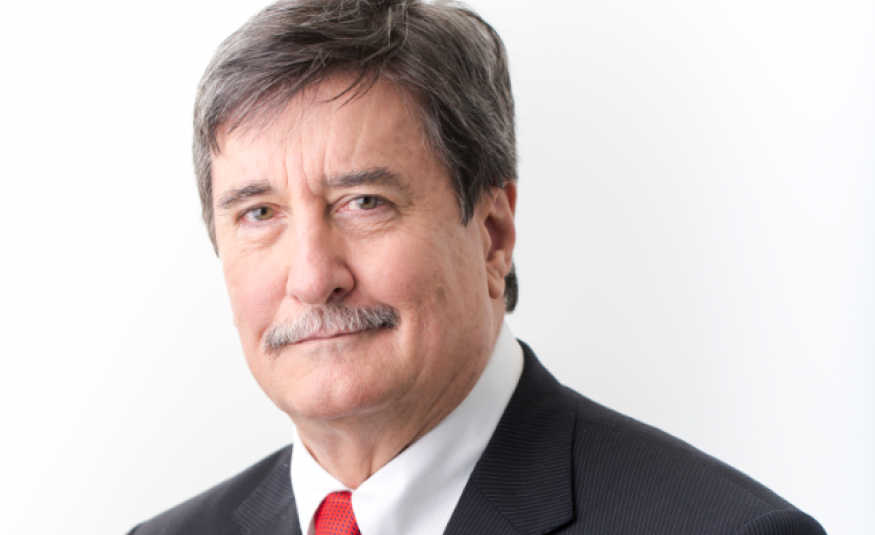AIPC president Geoff Donaghy explores the hotel/convention centre dynamic.
As is the case in many relationships, that between convention centres and hotels in the same community can be complicated. And this is not something unique to one or even a few destinations - it’s the same in many, if not most, of the destinations around the world pursuing the most attractive meetings and conventions business. Given the essential roles that both play in the overall product equation, a successful relationship is a very important one that can produce significant mutual benefits; however, it also has inherent potential for conflict.
The benefits generated by a major convention centre for local hotels include accommodation room nights which can easily extend into the hundreds of thousands - but there are also the satellite activities that accompany these centre-sized events; things like board and sector meetings, hospitality events and entertainment, which typically spread out across the entire city.
So where are the conflicts?
The first is based on something I could call the profit paradox – well illustrated by the number of times I’ve listened to industry colleagues complaining about high hotel rates at the same time as a lack of rooms, without appreciating the irony of what they were saying. Clearly, we need to fully accept the supply/demand dynamic and yield management philosophies that drive and underpin the next wave of new hotel investment, because that is what we need to grow our own business. However, having said that, convention centres provide a big part of the rationale for new demand, and therefore new investment, in room stock.
But there is another issue, which is best illustrated by feedback I had recently from a major convention client staging a high profile event happening in a few years’ time in a major city. This event has the potential to deliver many thousands of professional delegates and tens of thousands of room nights along with corporate entertainment and hospitality spin offs across the city, creating an enormous contribution to that city’s profile in a very high profile professional field. However, this client confided to us that they had “some of most challenging hotel negotiations” they had ever experienced, including difficulties securing appropriate room blocks and confirming rates as well as agreeing on the release or attrition conditions.
We know that centre clients are not the only business segment for hotels – but this illustrates the inherent short/long term conflict that often exists in our relationship. Centres generally work in the long term, with lead times that can be up to eight years for international groups and up to four even for some national events. Hotels, on the other hand, work in much shorter term timeframes - in fact over the lead period for a major international event there could be two, even three, changes of general management in a hotel that our client is also dealing with.
With a focus on shorter term returns, it sometimes appears that hotel owners and investors don’t always understand the importance of reputation and positive positioning for the city in protecting their long term property investments.
However, research we undertake in our venues consistently confirms that while the convention centre typically only receives about 8-10% of what international and national delegate spend in the destination, the hotel sector receives much more than that – which suggests they should be at least as concerned as we are about maintaining the benefits these events deliver.
As I said at the beginning, relationships are often complicated. But in the case of centres and hotels, there’s too much at stake to let them slide. And, in fact, there’s little that can’t be solved by co-operation and collaboration driven by ongoing and open communication. Together, we can do a lot for each other – and at the same time, for our overall community.
Geoff Donaghy is CEO at the International Convention Centre Sydney, and director of convention centres for AEG Ogden. He also represents AIPC on the Joint Meetings Industry Council. AIPC represents a global network of 175 leading centres in 58 countries.
Further information, contact marianne.de.raay@aipc.org or visit www.aipc.org






